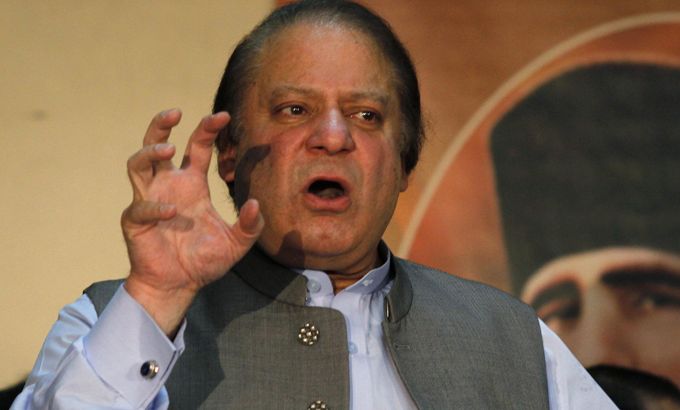
Can Nawaz Sharif deliver a ‘Bright Pakistan’?
We ask if the prime minister will meet the expectations of those who have elected him for an unprecedented third time.
Nawaz Sharif has been sworn in as prime minister of Pakistan for an unprecedented third time.
As president of Pakistan Muslim League – Nawaz (PML-N), he won by a comfortable margin in the May 11 election. And Wednesday’s parliamentary vote that confirmed him as prime minister was a crucial part of the first democratic transition of power in Pakistan.
”I
moderate expectations; but his campaign was run on the central plan of a … bright Pakistan … and restoring electricity … and he may actually [be] pleading for patience, but I am afraid that at this stage Pakistani people have very little, so his government would have to deliver something reasonable, reasonably quickly … “]
But as the PM himself acknowledges there are many pressing challenges ahead such as shortfall in electricity supply; rising costs; mountain of debt; unemployment; disillusionment among the youth; extremism and unrest; increasing poverty; weak governance; widespread corruption; and Pakistan’s weak institutions.
“There are many challenges and my government is accepts these challenges. I’m not going to hide anything from the people nor will I lead them on. Nor will I pull on their heartstrings, or make them false promises. The people should know that our nation’s state is bad beyond words.”
Another big issue for Pakistanis is the US drone strikes. In his first speech in parliament as PM, Sharif called on the US to stop them.
Sharif also comes to power at a critical moment in the fight against the Taliban as next year NATO will pull the last of its troops out of Afghanistan.
And lastly Sharif has to decide what to do about Pervez Musharraf. There has been no love lost between the two men since Musharraf overthrew Sharif in a 1999 military coup.
So, can Sharif meet the expectations of the people who elected him? And if so, how?
Inside Story, with presenter Veronica Pedrosa, discusses with guests: Sakib Sherani, a former economic adviser to the Pakistani government from 2009-2010 and head of the Macroeconomic Insight Consultancy in Islamabad; Omar Waraich, a journalist for Time Magazine and contributor to The Economist Intelligence Unit and fellow at the International Reporting Project; and Akbar Ahmed, a former Pakistani ambassador to the UK.
|
“I think there is a realisation that Pakistan is an extremely important country, and the US needs to have a more long-term relationship based on the needs of Pakistan itself … economy always remains very high in the priorities … and there is a sense of relief here in Washington, that a … government headed by a man who has been … successful as a business man … will be able to restore Pakistan’s economy.” – Akbar Ahmed, former Pakistan ambassador to the UK
|